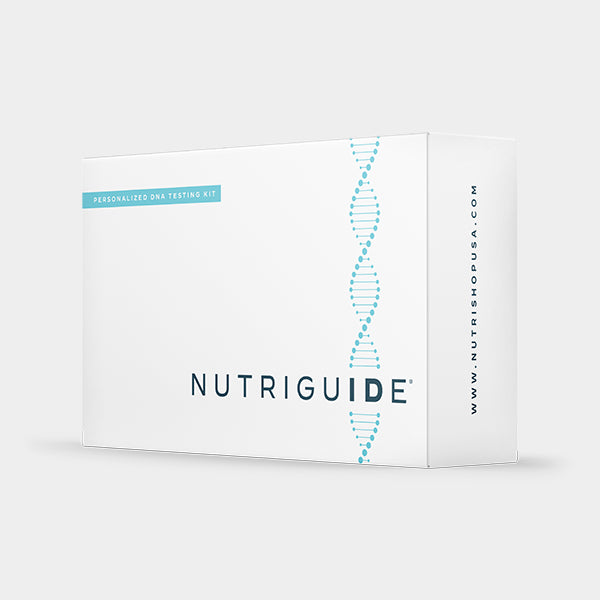Vitamin C has gained popularity among people seeking to boost their immune systems or recover faster.
Let’s dive into your guide to Vitamin C.
We need Vitamin C for not only a well-operating immune system, but also cartilage, bones, collagen, and tooth health. Vitamin C also helps us absorb iron better, which can increase our endurance. For example, pairing an orange with spinach increases how well our body absorbs iron. Populations with higher risks of iron deficiency, such as athletes and women, often benefit from these food pairing strategies.
Our bodies do not make Vitamin C, so it must come from food or supplements. Foods high in Vitamin C include oranges, orange juice, kiwi, strawberries, grapefruit, broccoli, kale, tomato, cantaloupe, and peppers. Cereal often has added Vitamin C. Supplemental Vitamin C also goes by the name ascorbic acid on labels.
Between food and supplements, the recommended daily allowance (RDA) for the typical healthy active adult is 75-90 mg/day. The safe upper limit for adults is 2,000 mg, so there is quite a significant safety buffer (Institute of Medicine, 2000).
It's important to keep in mind, while Vitamin C continues to be researched for what it can and can't do, your body does need Vitamin C as part of a healthy immune system.
References:
- Institute of Medicine. Food and Nutrition Board. Dietary Reference Intakes for Vitamin C, Vitamin E, Selenium, and Carotenoids. Washington, DC: National Academy Press, 2000.
--------------------------
About the Author: Dr. Meredith Butulis is a Sports Medicine Physical Therapist, NSCA Certified Strength and Conditioning Coach, ACSM Certified Exercise Physiologist, NASM Certified Personal Trainer, and Precision Nutrition Certified Nutrition Coach in practice since 2002. She consistently walks the talk as a fitness, physique, and OCR world level competitor and lifestyle transformer since 2006, celebrating many wins along the way.





